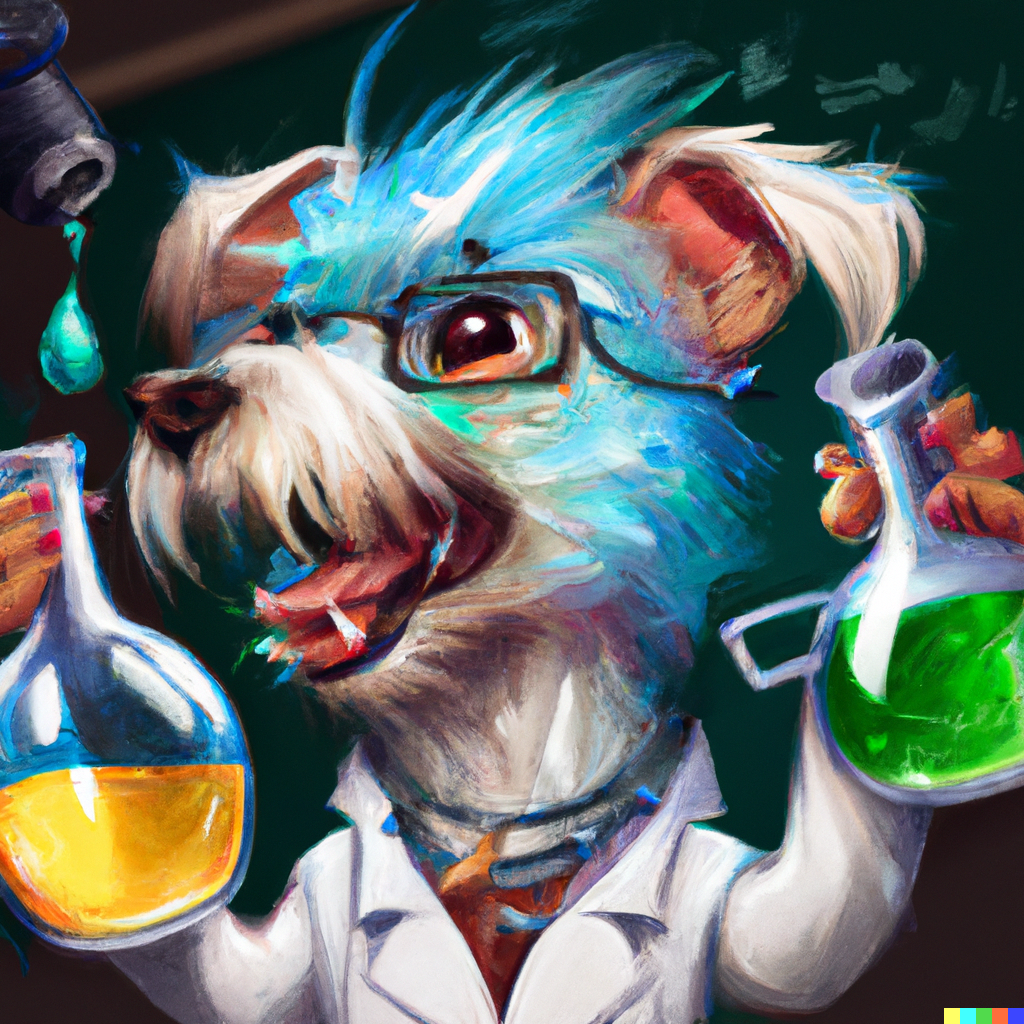Satyameva Jayate

Truth Alone Triumphs
We have learned from experience about the ways we fool ourselves.
Peer Pressure often forces the best of us to conform.
But the ability to stand out and speak your mind sets you apart.
A paraphrased quote from Richard Feynman might drive this point home better.
Millikan measured the charge on an electron by an experiment with falling oil drops and got an answer which we now know not to be quite right. It’s a little bit off, because he had the incorrect value for the viscosity of air. It’s interesting to look at the history of measurements of the charge of the electron, after Millikan. If you plot them as a function of time, you find that one is a little bigger than Millikan’s, and the next one’s a little bit bigger than that, and the next one’s a little bit bigger than that, until finally they settle down to a number which is higher. Why didn’t they discover that the new number was higher right away? It’s a thing that scientists are ashamed of—this history—because it’s apparent that people did things like this: When they got a number that was too high above Millikan’s, they thought something must be wrong—and they would look for and find a reason why something might be wrong. When they got a number closer to Millikan’s value they didn’t look so hard. And so they eliminated the numbers that were too far off, and did other things like that. We’ve learned those tricks nowadays, and now we don’t have that kind of a disease. But this long history of learning how to not fool ourselves—of having utter scientific integrity—is, I’m sorry to say, something that we haven’t specifically included in any particular course that I know of. We just hope you’ve caught on by osmosis
10 scientists could've been the first to discover the correct value of the charge on an electron, correcting Millikan. What was unique about the person who could?